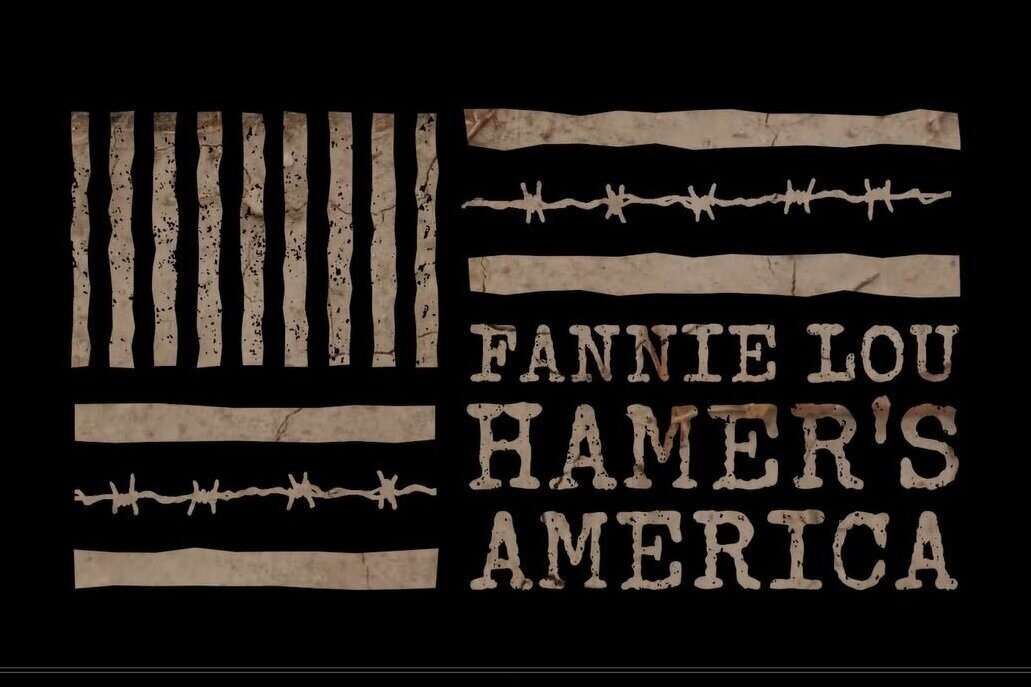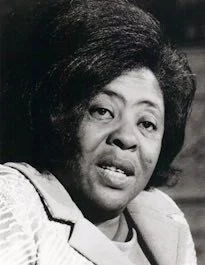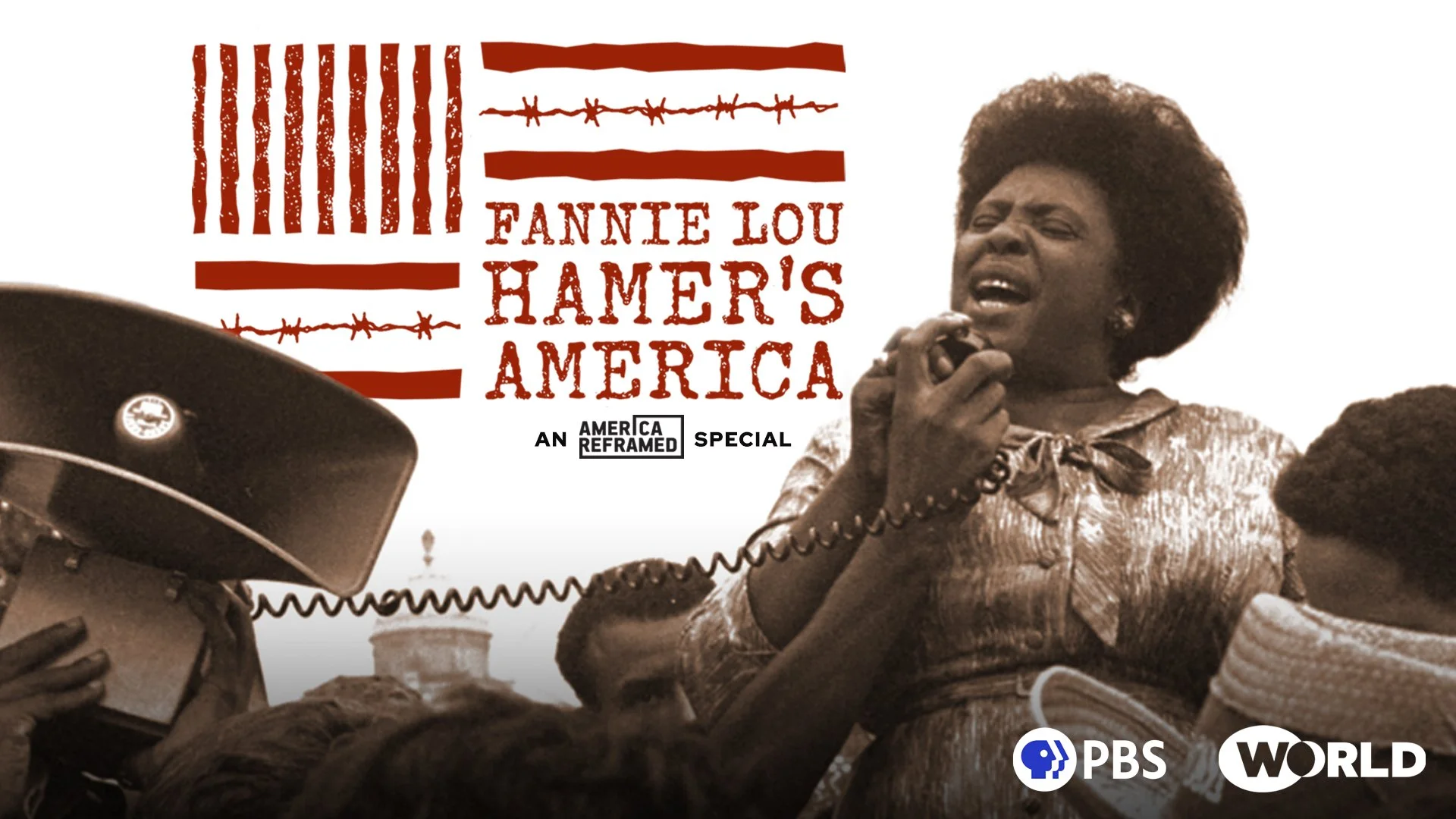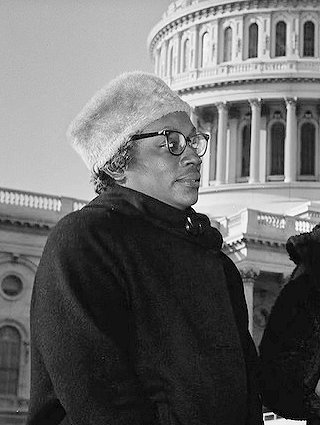Fannie Lou Hamer Photos
Discover Fannie Lou Hamer: A Legacy in Photographs
Honoring a Civil Rights IconWelcome to our web page dedicated to the remarkable life and enduring legacy of Fannie Lou Hamer, one of the most influential figures in the American civil rights movement. Through a curated collection of photographs, we invite you to explore the powerful story of a woman whose courage, determination, and activism helped shape the course of history.Fannie Lou Hamer's journey—from her humble beginnings in Mississippi to her tireless advocacy for voting rights and equality—continues to inspire generations. Each photo featured here captures moments of hope, resilience, and leadership, offering a visual tribute to her unwavering commitment to justice. As you browse this gallery, we encourage you to reflect on the impact of Hamer's work and the importance of remembering those who paved the way for social change. Thank you for joining us in celebrating the life and legacy of Fannie Lou Hamer.Among the earliest known photographs documenting Fannie Lou Hamer’s resilience are those taken in January 1963, shortly after her house was violently shot into—a chilling act of intimidation aimed at silencing her activism. These powerful images not only capture Hamer’s unwavering spirit in the face of danger but also serve as a poignant record of the risks civil rights leaders endured during this turbulent era. The photos reveal both the physical aftermath of the attack and Hamer’s determined presence, standing as visual testimony to her courage and the ever-present threats faced by those who fought for justice.Fannie Lou Hamer in her home in Ruleville, Mississippi in 1963 and with fellow activist Jerome Smith. They stand beside a door which had been shot at by white supremacists. (Photo by Steve Schapiro/Corbis via Getty Images)Activist Heather Booth (standing left) with Fannie Lou Hamer and others during Freedom Summer in Mississippi. Booth and other college students went to Mississippi to help Black residents to register to vote. Hamer helped organize the Freedom Summer Project.
Fannie Lou Hamer speaks at the Mississippi Democratic Freedom Party Convention in Jackson, MS in August 1964. Hamer and several others founded the MFDP on April 24th of that year. Photo by Doris Derby/Getty Images.
From the film: Fannie Lou Hamer’s America.
The Organizers.
John Lewis: SNCC and Freedom Rider
Ella Baker: SCLC, SNCC, MFDP
Bob Moses: COFO, SCLC, SNCC, CORE
James Bevel: SCLC, SNCC
Annell Ponder: SCLC, SNCC
Reggie Robinson: CIG, SNCC
Lawrence Guyot: MFDP
Victoria Gray Adams: MFDP
Charles McLaurin: SNCC
Willie Smith: Freedom Rider
James Foreman: SNCC
Annie Devine: MFDP
Stokely Carmichael: SNCC, Freedom Rider
L.C. Dorsey: MFDP
Fannie Lou Hamer: SNCC, MFDP
SNCC Volunteers Arrested.

Jesse Harris
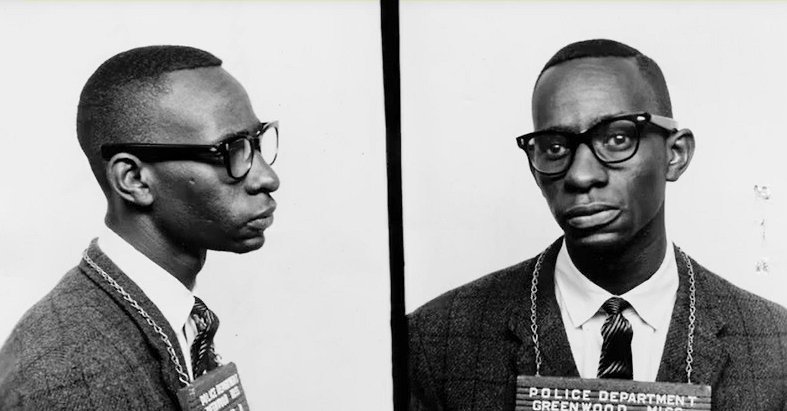
Samuel Block
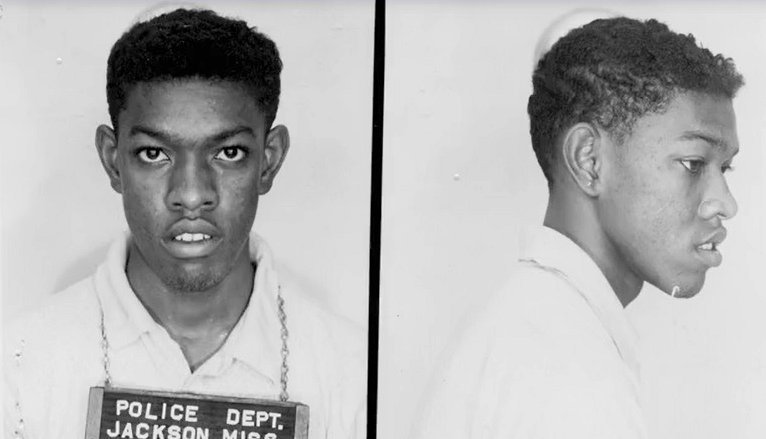
Jimmie Travis

John Lewis
The Martyrs.
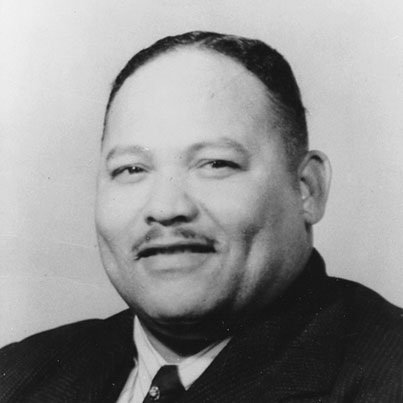
Rev. George Wesley Lee (Dec. 25, 1903 - May 7, 1955)

Herbert T. Lee (Jan. 1, 1912 - Sept. 25, 1961)
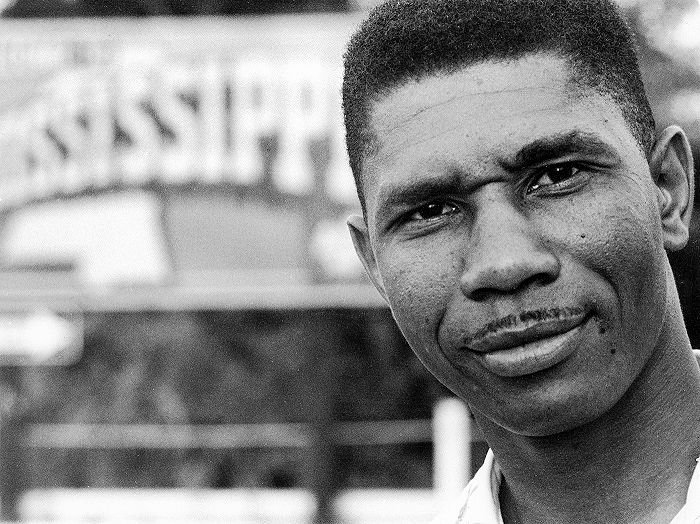
Medgar Wiley Evers (July 2, 1925 - June 12, 1963)

Dr. Martin Luther King Jr. (Jan. 15, 1929 - April 4, 1968)
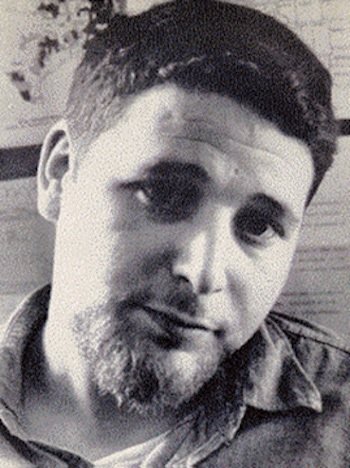
Michael Schwerner (Nov. 6, 1939 - June 21, 1964)
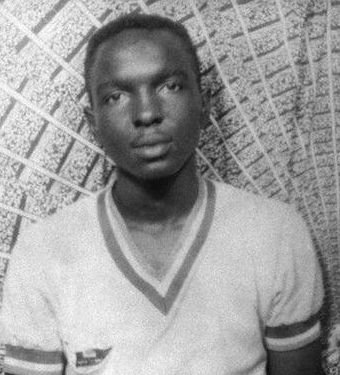
James Earl Chaney (May 30, 1943 - June 21, 1964)

Andrew Goodman (Nov. 23, 1943 - June 21, 1964)
Supporters.
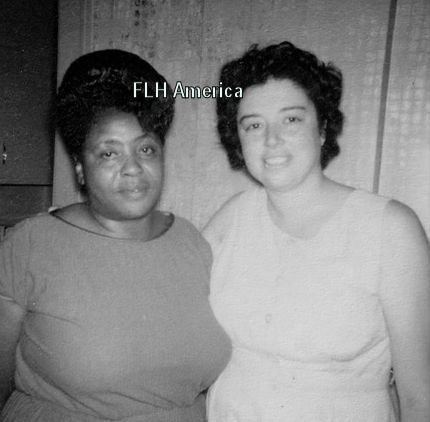
Fannie Lou Hamer and her dearest friend, Rose Fishman
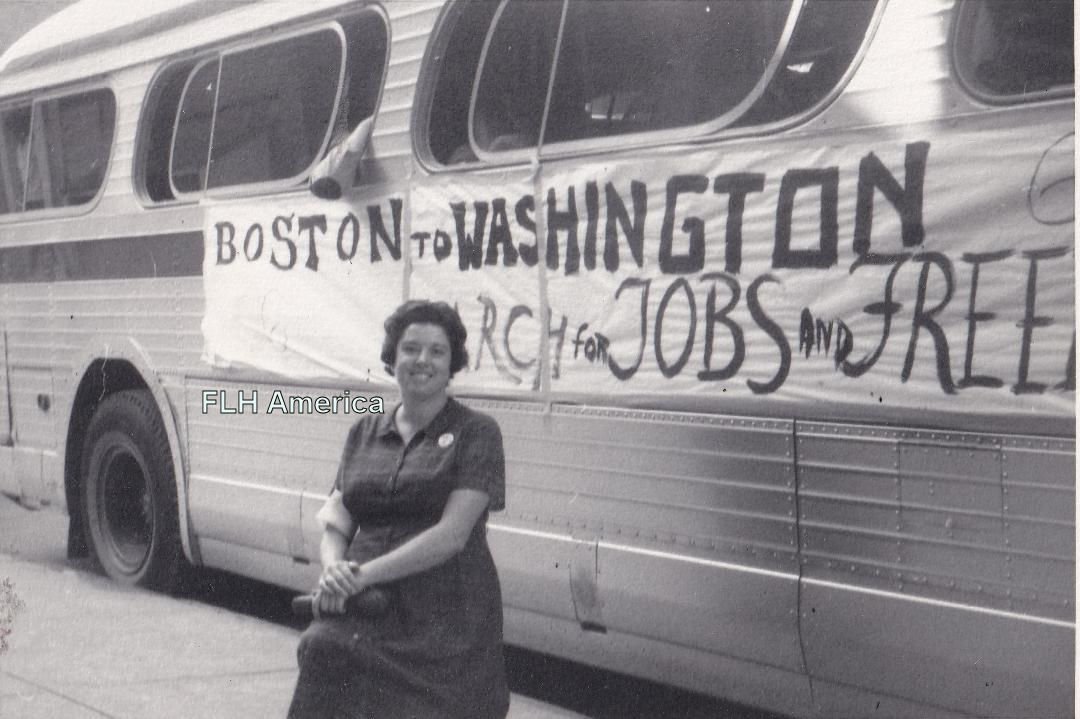
Rose Fishman headed to the 1963 March on Washington
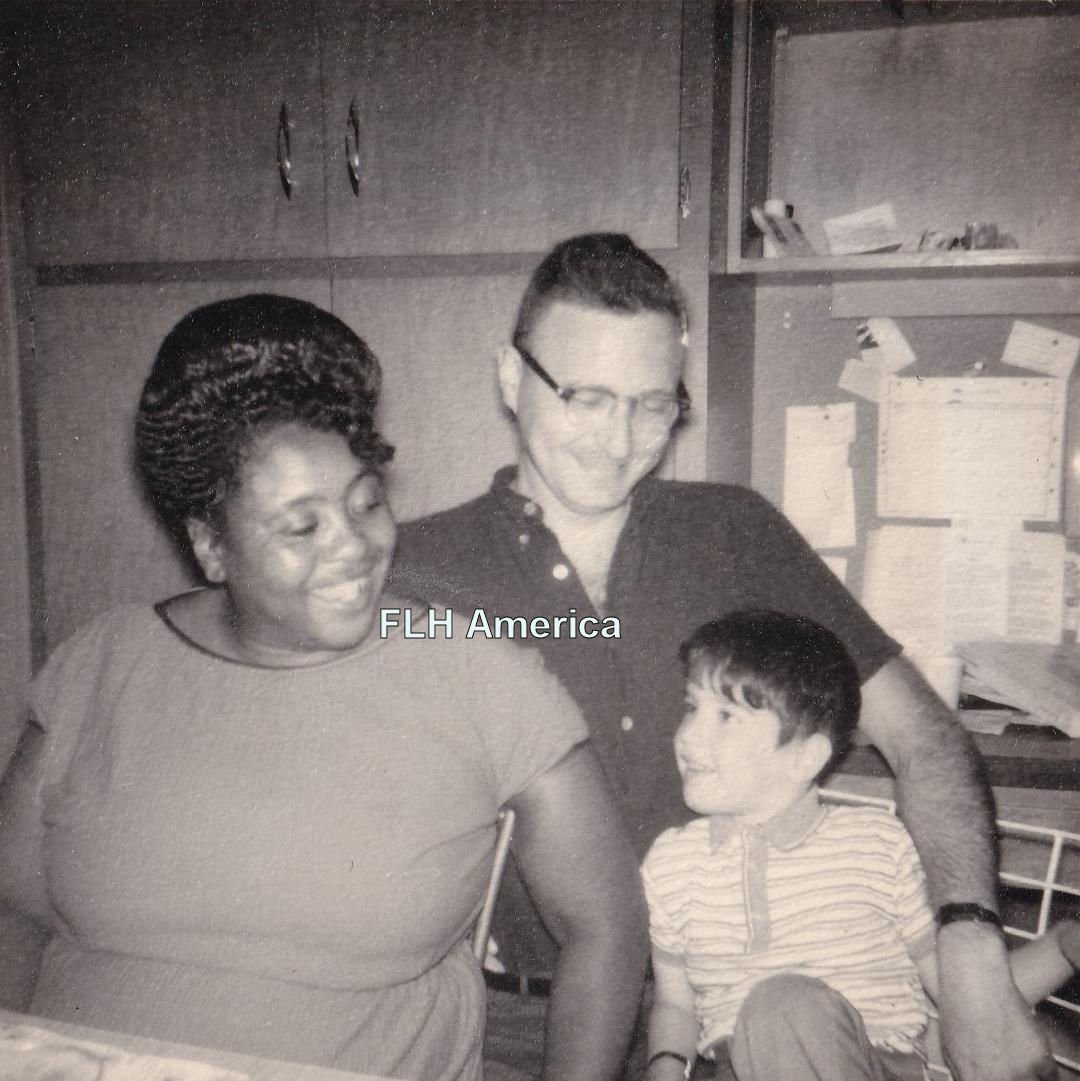
Fannie Lou Hamer shares a tender moment with Rose's husband, Ralph, and son Larry
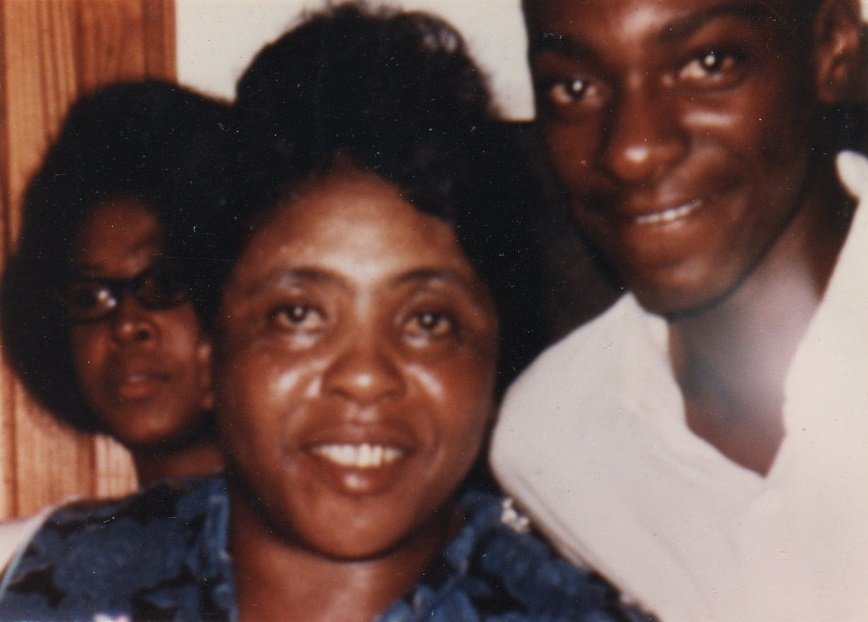
Fannie Lou Hamer, Nora Campbell (left) and an unidentified teen. Campbell worked with Hamer at the Freedom Farms as a secretary.
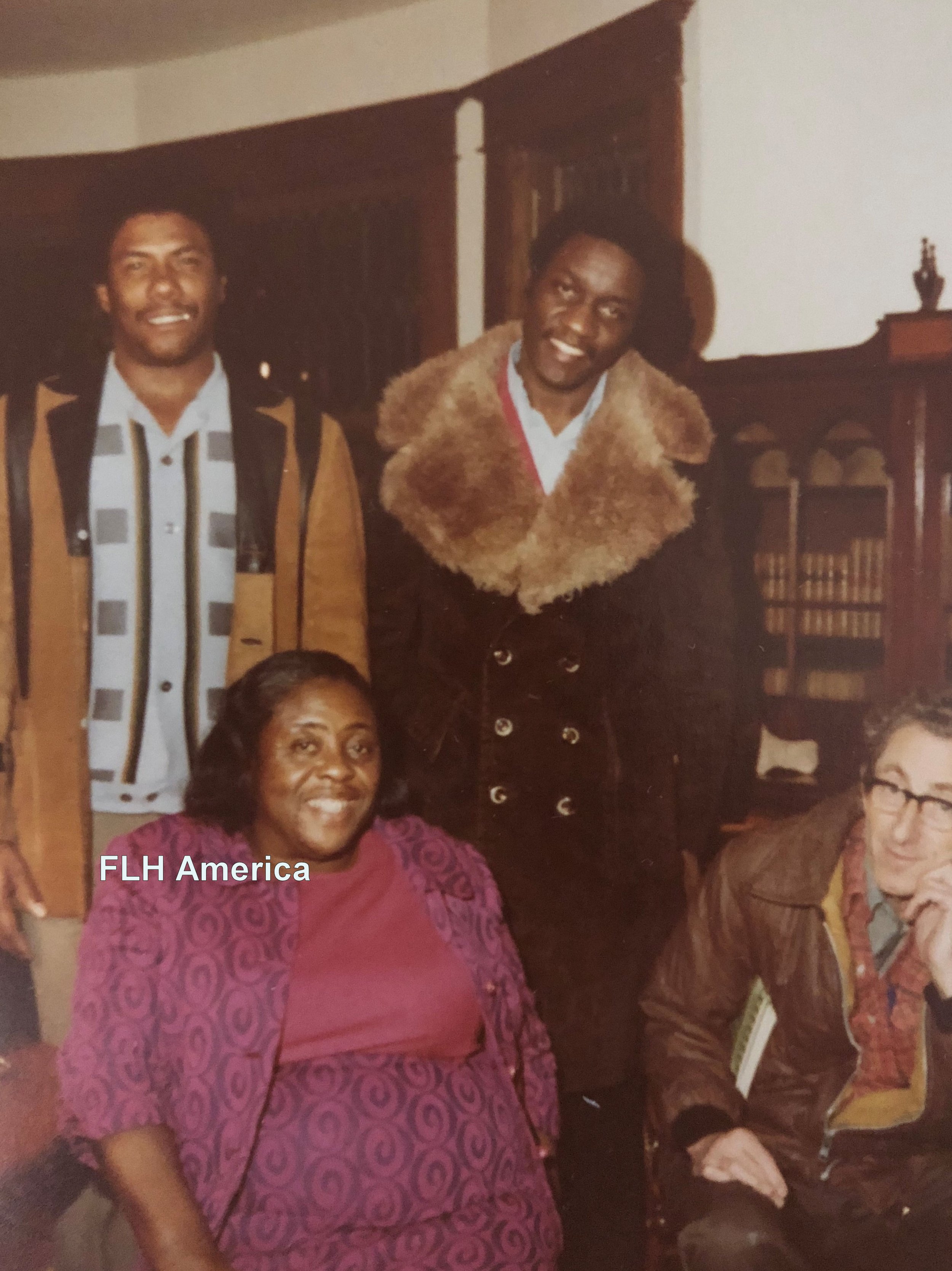
Ron Thornton (standing, left), Fannie Lou Hamer and others at a fundraising event. Thornton worked with Hamer at the Freedom Farm Cooperative.
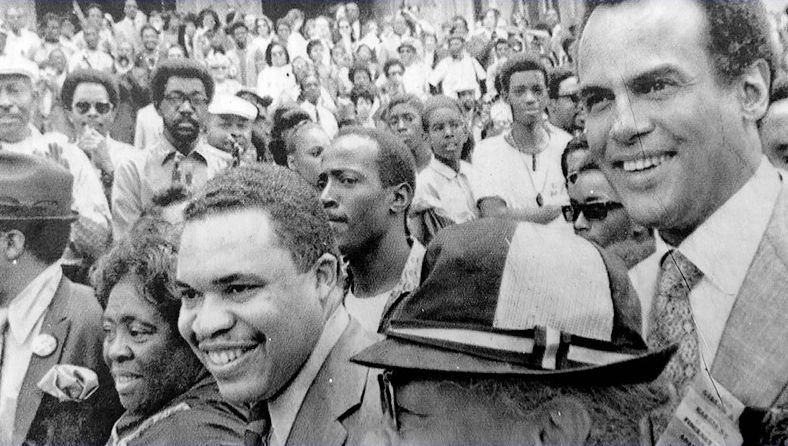
Fannie Lou Hamer, Ken Gibson and Harry Belafonte. Belafonte (right) often financially supported SNCC and Hamer's efforts by providing the funds personally and reaching out to his fellow actors and entertainers.
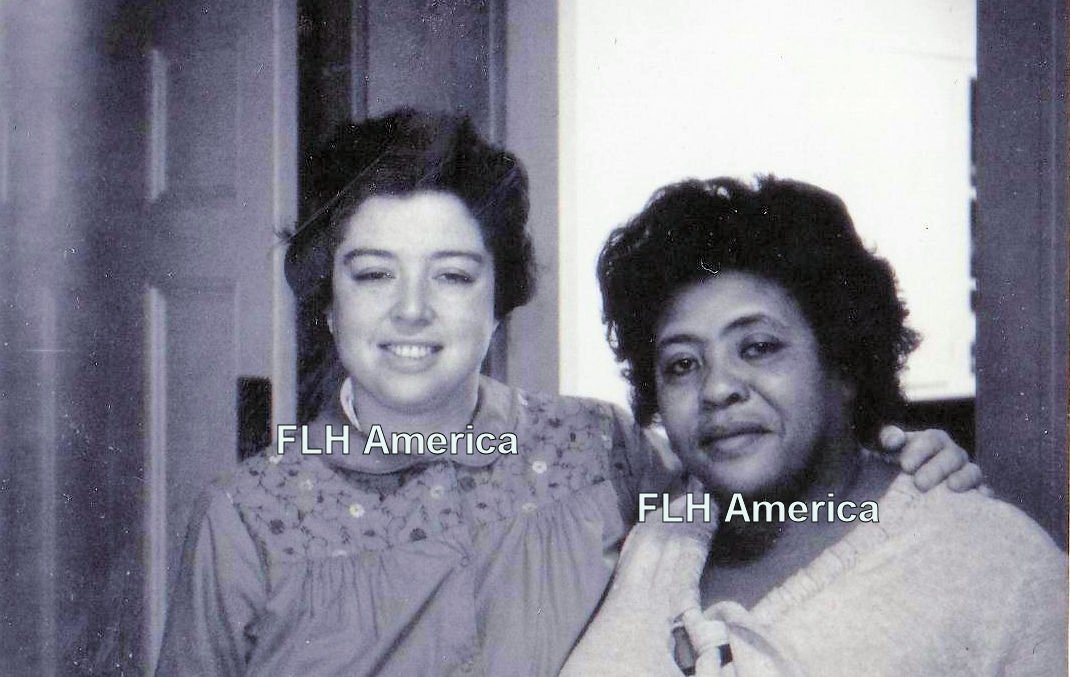
Rose Fishman and Fannie Lou Hamer
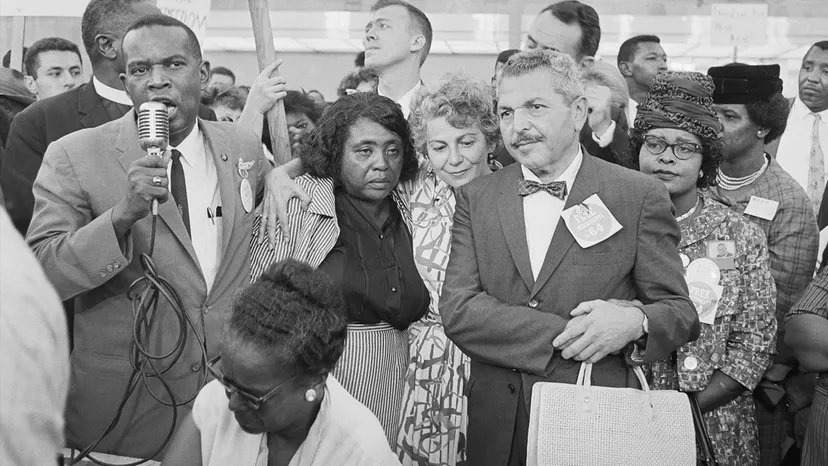
Fannie Lou Hamer with Nathan and Anne Schwerner. The Schwerner's son, Michael (Mickey) worked with CORE and was killed with two others, James Chaney and Andrew Goodman on June 21, 1964. The Schwerners helped raise money for CORE and SNCC.
